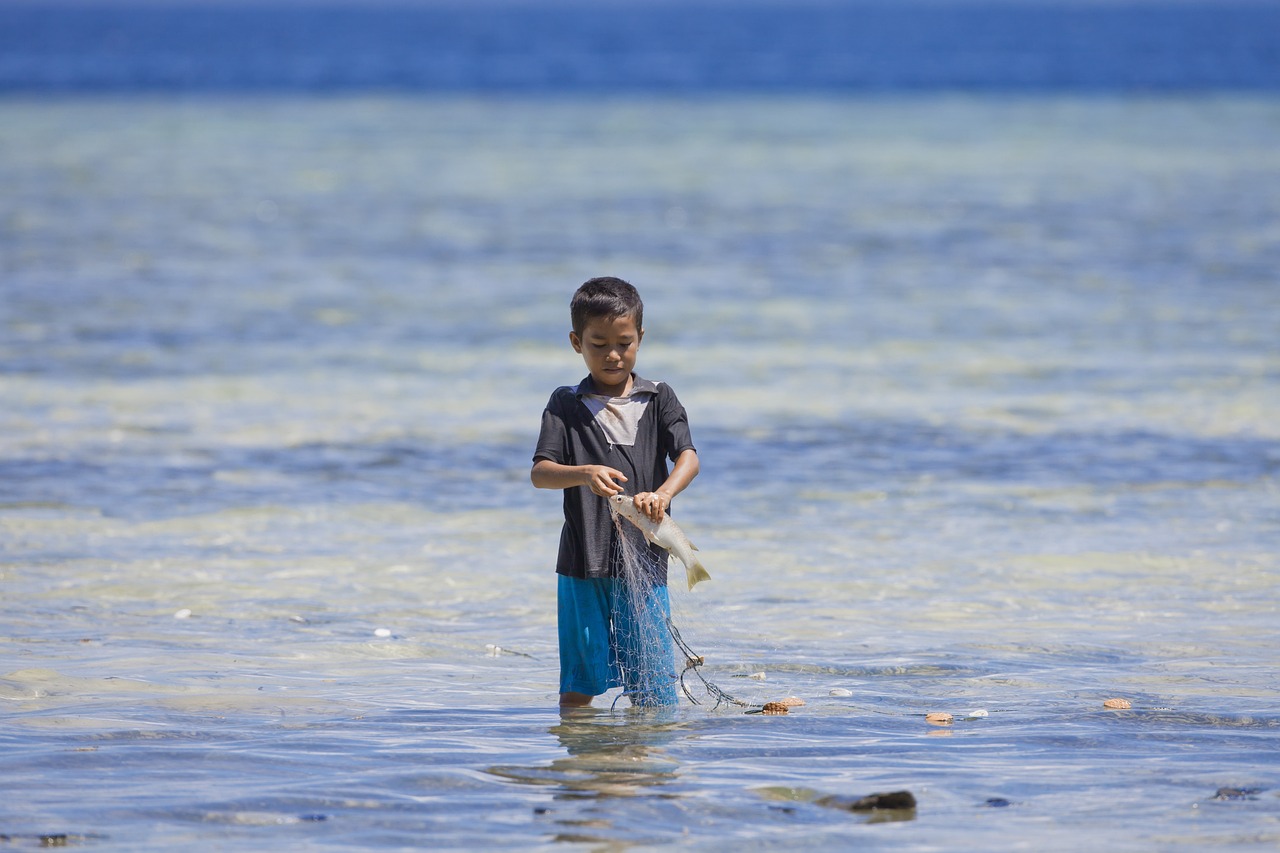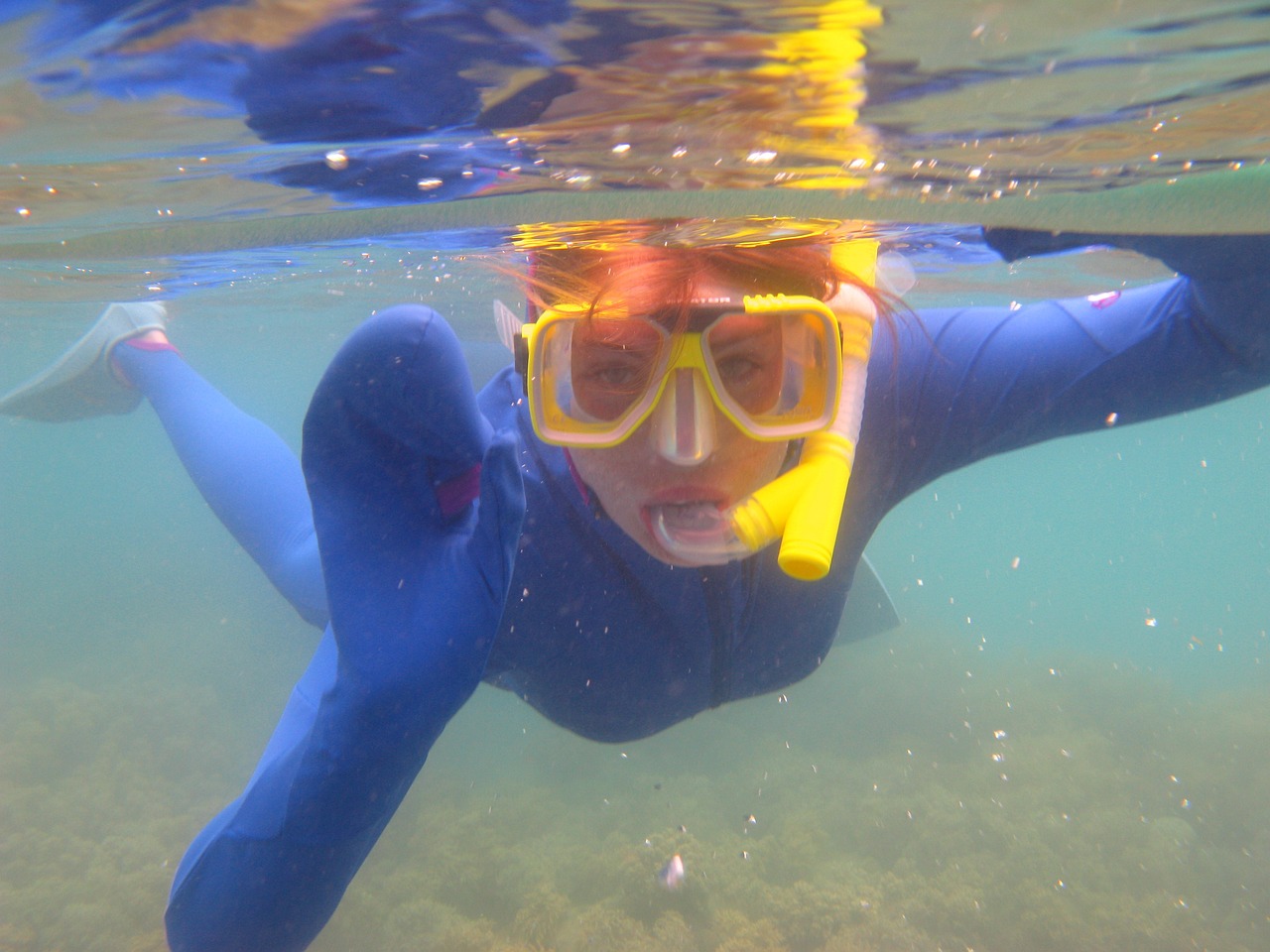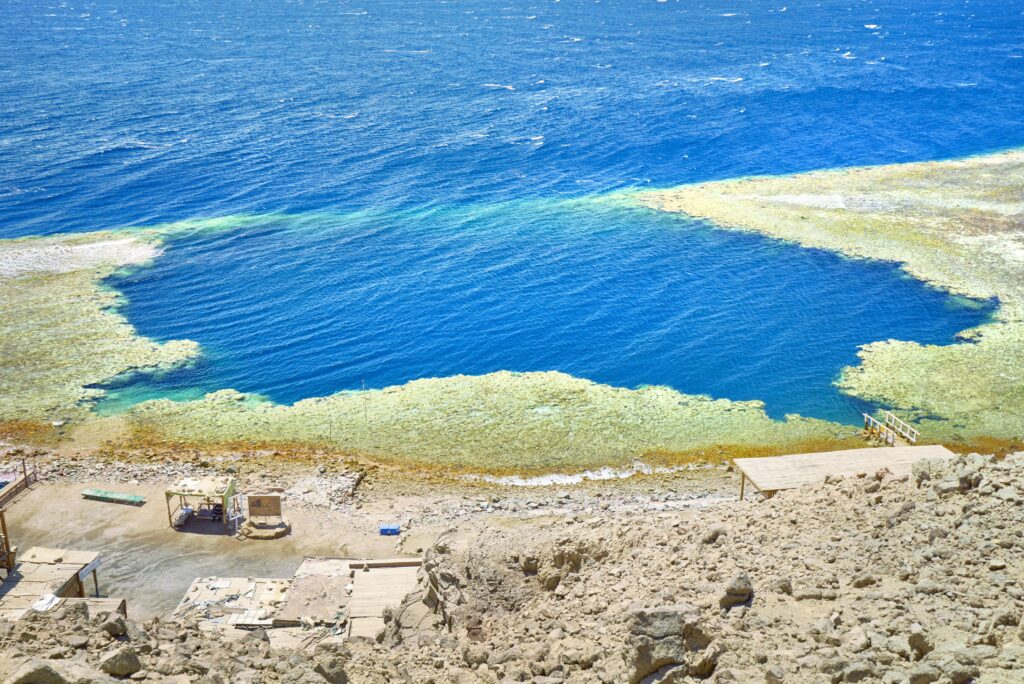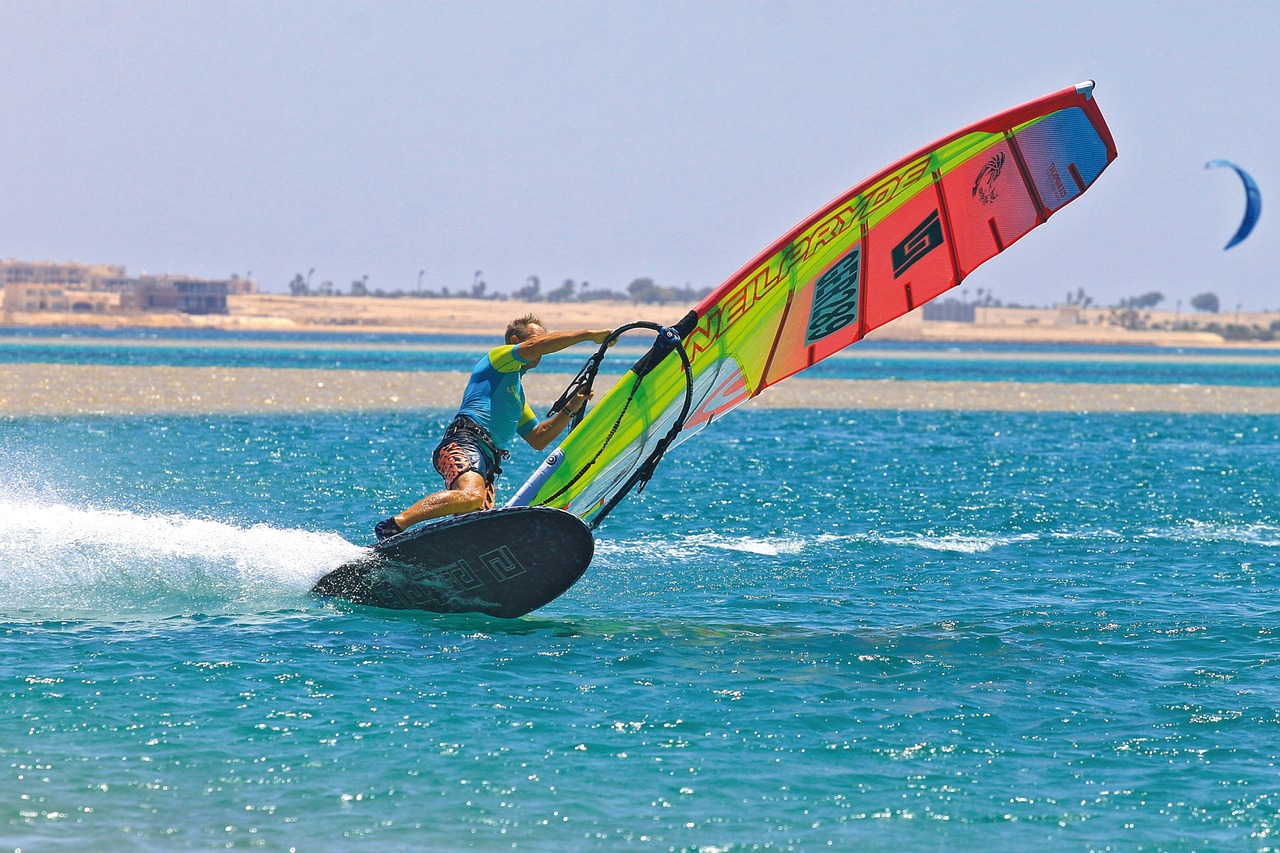A Complete Visitor’s Guide to Exploring the Magical City of Dahab
Dahab city is full of fascinating facts that provide insight into its history, culture, landscape and economy. Originally a small Bedouin fishing village called Darajah, it wasn’t until the 1980s when scuba divers discovered its superb reef diving that tourism took off and the town became known as Dahab.
Today its population grows from around 15,000 locals to many more seasonal visitors. Situated along Egypt’s southeastern coast on the Gulf of Aqaba, 90km north of Sharm El Sheikh, Dahab enjoys a warm desert climate with average temperatures between 20-35 degrees Celsius year-round. This makes it one of the few spots in the world where scuba diving and snorkeling can be enjoyed without wetsuits every day of the year. Alongside tourism, Dahab residents still partake in traditional livelihoods like nomadic goat herding and small scale farming. However, fishing now supplements the tourism industry as the major economic driver. Adding to its natural allure, Dahab was recognized by Egypt’s government in 1999 as the country’s first Environment Protector City for its sustainable handling of waste and regulations protecting local marine areas. These fascinating details paint a picture of Dahab’s transition from a remote village to a thriving global diving mecca beloved for its unmatched natural treasures and relaxed vibe.
Dahab City Facts
- Population is approximately 15,000 according to 2017 census figures.
- Located 90km north of Sharm El Sheikh along Egypt’s southeastern Gulf of Aqaba coast in the Sinai Peninsula.
- Formerly a small fishing village, tourism dominates the economy post-1980s after divers discovered its reefs.
- Dry desert climate stays mild with average highs between 20-35°C year-round making it great for visiting regardless of season.
- Famous for its eco-friendly stance, Dahab city was declared Egypt’s first Environment Protector City in 1999 for sustainable tourism practices.

Culture and People
- Locals are largely Egyptian Bedouins belonging to tribes like the Awamir and Tiha who inhabit mountainous areas.
- Arabic and English widely spoken. Traditional tribal lifestyle blending nomadism and small-scale farming continues in remote villages.
- Influx of foreigners, especially European backpackers has melded Middle Eastern and global cultures over the decades in Dahab.
- Multicultural atmosphere and tolerance make Dahab an exceptionally welcoming place for travelers.
Things to Do in Dahab
As one of the world’s premier dive destinations, Dahab has over 30 certified dive sites bustling with marine life along the beautiful Inner Sea reefs. Both beginners and experienced divers can sign up for diving packages, lessons and organised boat trips. Popular spots like Blue Hole, Eel Garden and Canyon deliver unforgettable diving encounters.

Snorkelling in Dahab city
If you don’t dive, no need to feel left out – Dahab’s house reefs are easily accessible right from the shore for snorkelling. All you need is basic equipment available for rental to glimpse at corals, tropical fish and occasional turtles. Masbat pier and Assalah Bay offer excellent snorkelling.
Beaches in Dahab city
With its powdery sands and tranquil turquoise waters, Dahab is home to postcard-worthy beaches. Spend your day sunbathing, swimming or walking along Assalah, Masbat and Laganita beaches taking in splendid views of mountains meeting the sea. Water sports and sunset beach parties happen seasonally.
Hiking
Nature-lovers can get their fix through picturesque hiking trails across the town. Follow established paths up Jebel Marghana for 360-degree views or adventure off-route through rugged wadis. An essential hike is the Canyon Trail through Wadi Gawasis. Hiring guides is advisable for navigating complex routes.
Is Dahab Safe to Visit?
One common concern potential visitors may have is safety in Dahab. However, its mellow reputation is backed by facts on the ground:
- Crime rate is negligible thanks to strong local community ties and tourism-dependent economy.
- Strict laws have kept Dahab removed from conflicts elsewhere ensuring a consistently peaceful environment.
- The multinational community further contributes to an open, culturally tolerant setting.
- While basic precautions like not leaving valuables unattended apply, Dahab has never seen serious safety issues that would deter travel.
- Petty street crime is rare. Violent crime against tourists is virtually unheard of according to international organizations monitoring Egypt.




